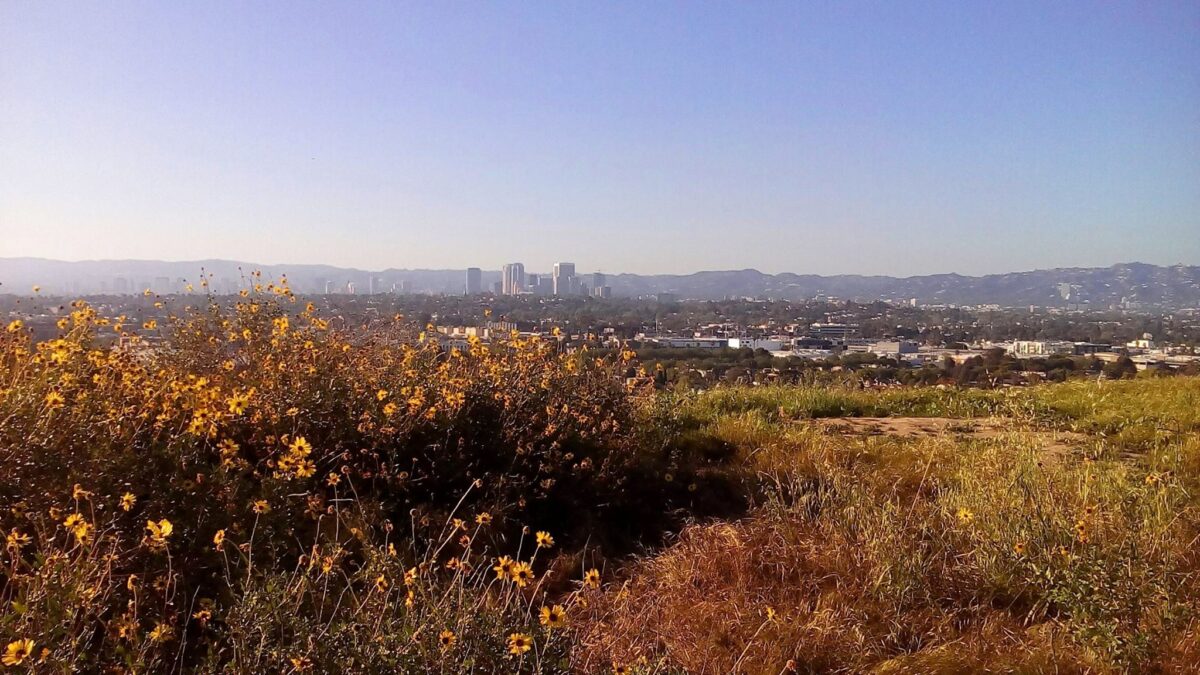
Quantifying and validating habitat connectivity across Greater Los Angeles
Located at the center of one of only 36 biodiversity hotspots in the world, the City of Los Angeles is a high-priority area for conservation. It is home to 1,200…
Located at the center of one of only 36 biodiversity hotspots in the world, the City of Los Angeles is a high-priority area for conservation. It is home to 1,200 native species, including iconic animals like mountain lions, bobcats, and the El Segundo Butterfly. However, as the city’s population continues to expand, urbanization has become one of the leading threats to the region’s biodiversity. Many species are currently facing the consequences of declining population health associated with decreasing habitat.
To address the growing threat to Los Angeles’s ecosystems, our team is partnering with The Nature Conservancy, the City of LA, and the Shaffer Lab at UCLA to develop and verify habitat connectivity models for the Los Angeles region. Habitat connectivity models aim to determine areas that are most frequented by wildlife and which contain the most biodiversity. By analyzing potential zones of habitat connectivity, we can identify ideal locations for establishing links, such as wildlife bridges, and potential changes to landscaping between separated habitat patches so that species can reclaim habitat lost to urbanization. Our project will utilize data modeling, geographic data, and in-person field verification of the models to identify priority areas that the city should set aside for wildlife conservation, in order to best protect the species that call the LA area home. The end goal of our project is to provide City of Los Angeles officials with clear, concrete data about which areas of Los Angeles should be prioritized for the conservation of urban biodiversity, along with analysis showcasing why it is essential to conserve these areas.
Student Team: Karen Dutko, Lilyana Villa, Bucky Squier, Aminah Mahadi, Laurel Thomas, Jasmine White, Eric Ha, Jake Saum, Madeline Harris
Client: The Nature Conservancy and the City of Los Angeles/LASAN
Advisors: Dr. Joscha Beninde and Dr. Zachary MacDonald
